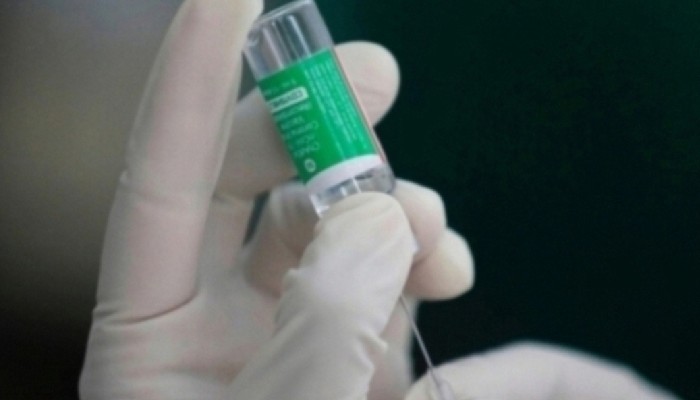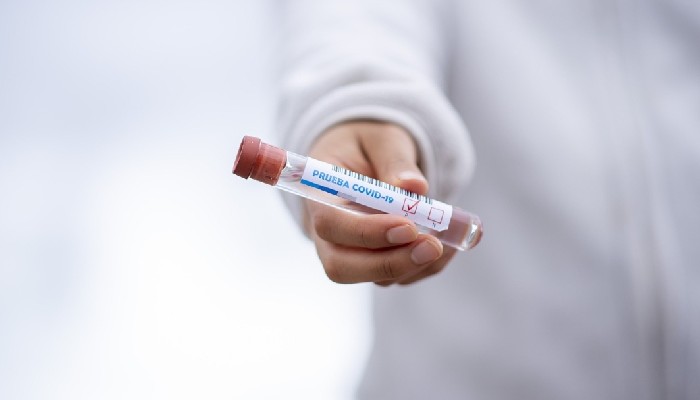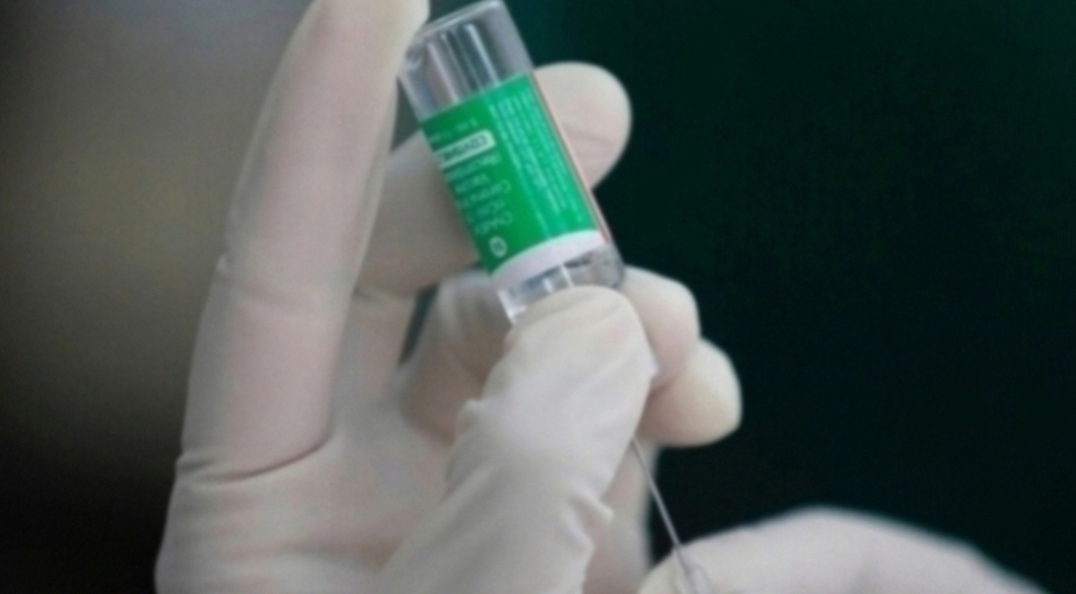The world is facing one of the biggest crisis since the two world wars
Speaking on the 25th Foundation Day of the Bangaluru-based Rajiv Gandhi University of Health Sciences on Monday, Prime Minister Narendra Modi said the world is facing one of the biggest crises since the two world wars.
“Like the world changed pre and post-World Wars, the same way the pre and post Covid world will be different,” the Prime Minister said, while lauding the efforts of the doctors and health care workers during the critical situation triggered by the deadly virus.
He said at the root of India's brave fight against Covid-19 is the hard-work of the medical community and our Corona warriors.
“Doctors and medical workers are like soldiers, but without the soldiers’ uniform. The virus may be an invisible enemy, but our Corona warriors, medical workers are invincible. In the battle of Invisible versus Invincible, our medical workers are sure to win,” the Prime Minister said, adding that earlier, the debates on globalisation focused on economic issues. “Now, the world must unite and focus on humanity centric aspects of development.”
Talking about steps taken by his government towards the health sector, the Prime Minister said in the last six years, many initiatives were taken in health-care and medical education.
Making a detailed presentation of it, he said his government is broadly working on four pillars:
The first is - Preventive Healthcare. This includes the importance of Yoga, Ayurveda and general fitness. More than forty thousand wellness centres have been opened where a key focus is on controlling life-style related diseases. The success of the ‘Swacchh Bharat’ Mission is another key part of preventive healthcare.
The second is- Affordable Healthcare. Ayushman Bharat- the world's largest healthcare scheme belongs to India. In less than two years, One crore people have benefitted from this scheme. Women and those staying in villages are among the major beneficiaries of this scheme.
The third pillar is- Improvements on the supply side. A nation like ours has to have proper medical infrastructure and medical education infrastructure. Work is under-way to ensure a medical college or post-graduate medical institute in every district of the country.
The country has seen rapid progress in setting up 22 more AIIMS. Over the last five years, we have been able to add over Thirty thousand seats in MBBS and fifteen thousand seats in post-graduation. This has been the largest increase in the five year term of any government since independence. The Medical Council of India has been replaced by a new National Medical Commission through an Act of the Parliament. This will go in a long way in improving the quality of medical education, bringing it at par with the international standards.
The fourth pillar is - Mission mode implementation A well-thought of idea on paper makes it only a good idea. And, a good idea well implemented makes it a great one. Hence, implementation is very crucial.
Regarding India's National Nutrition Mission, he said the programme is helping youngsters and their Mothers. India is working twenty four by seven to eliminate TB by 2025.
This is five years ahead of the global target of 2030. Mission Indradhanush has increased our rate of annual rise in vaccination coverage by four times. The Central government recently approved the introduction of a new law for expanding education of more than 50 different allied and healthcare professionals. This law, once passed, will address the shortage of para-medical personnel in the country. It will also help India in supplying skilled resources to other countries.
 Contact Us
Contact Us  Subscribe Us
Subscribe Us









 Contact Us
Contact Us
 Subscribe
Subscribe
 News Letter
News Letter

